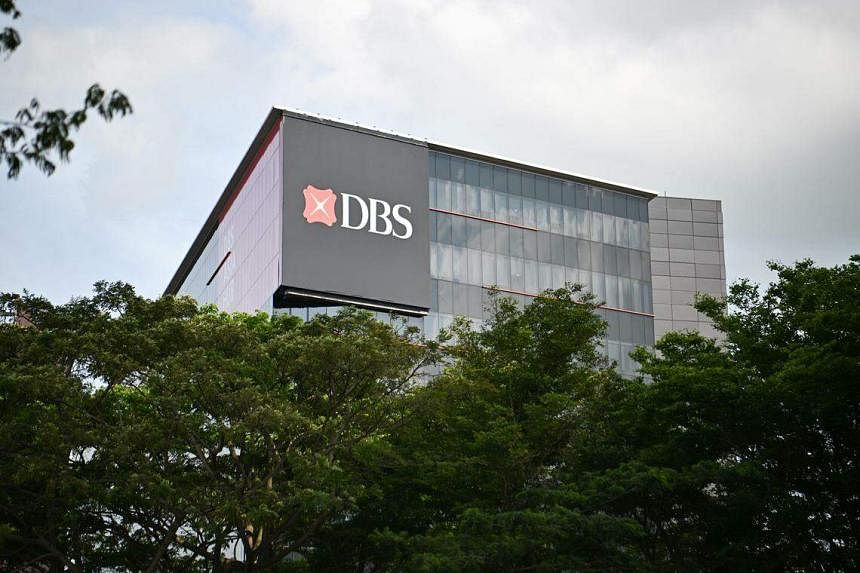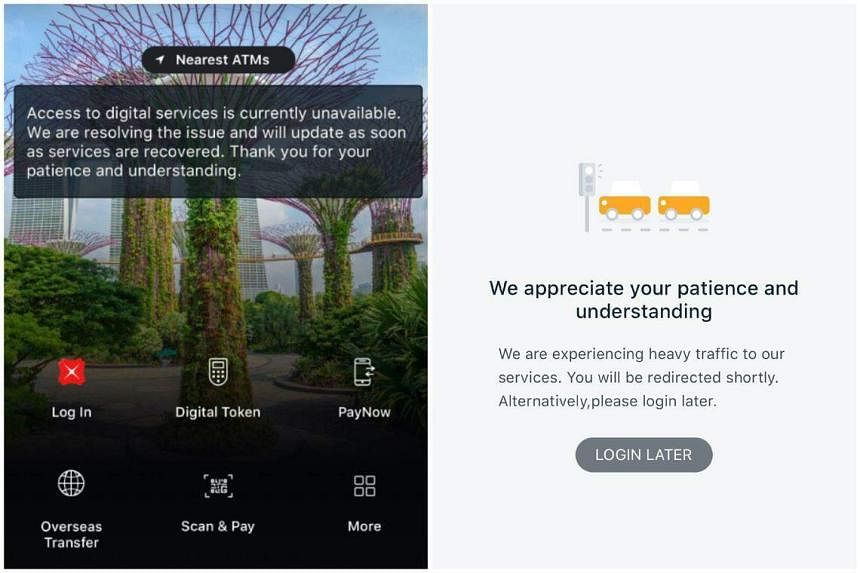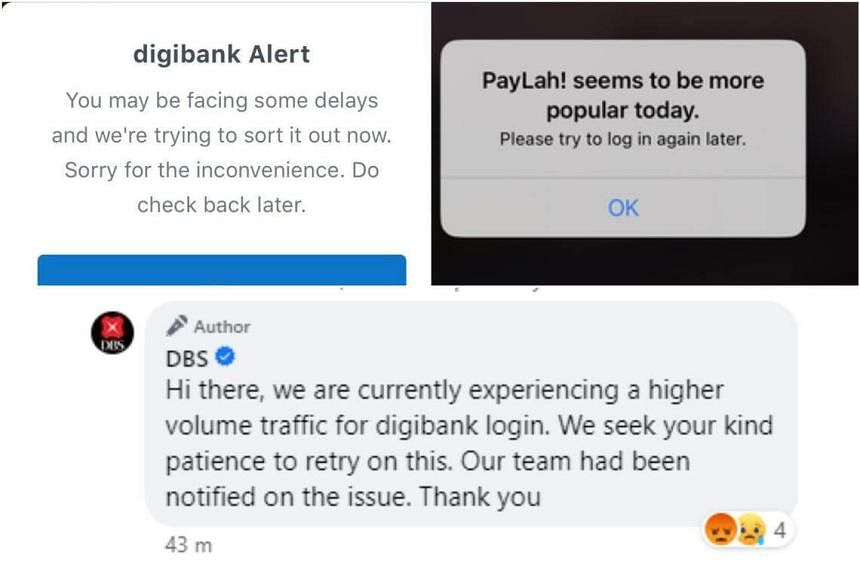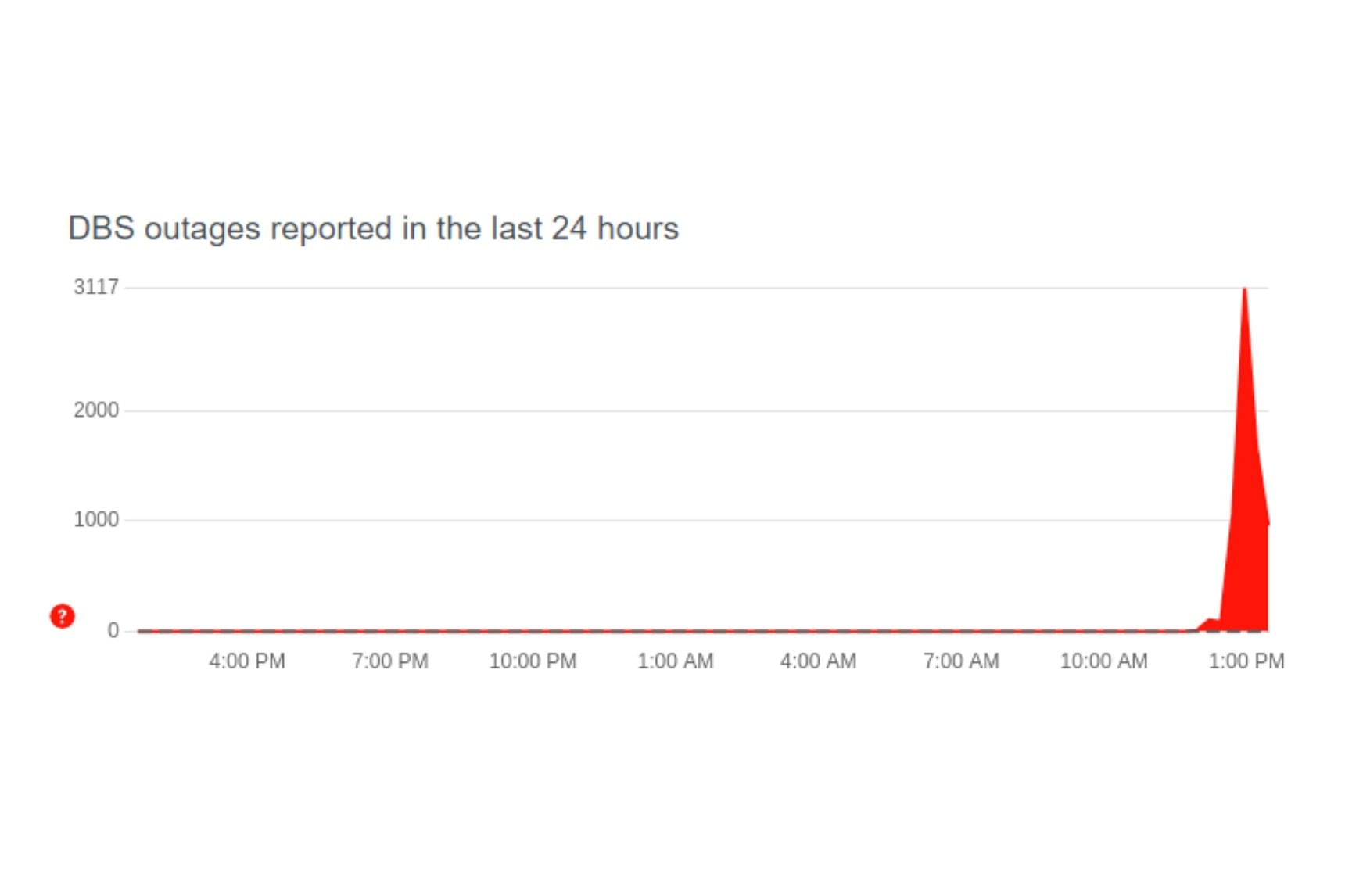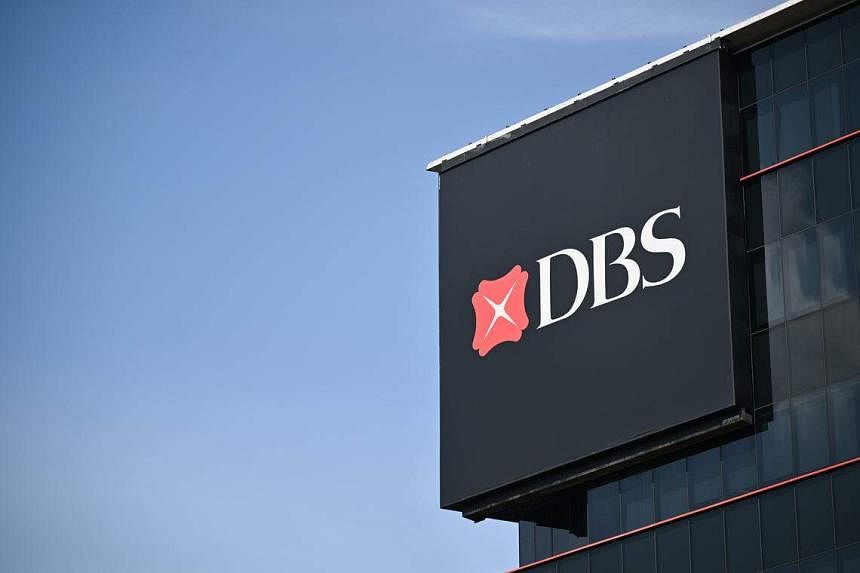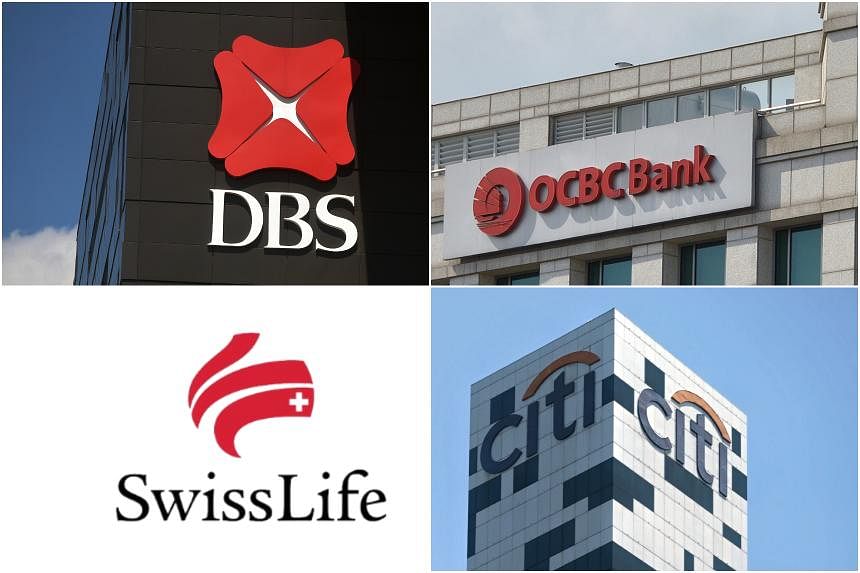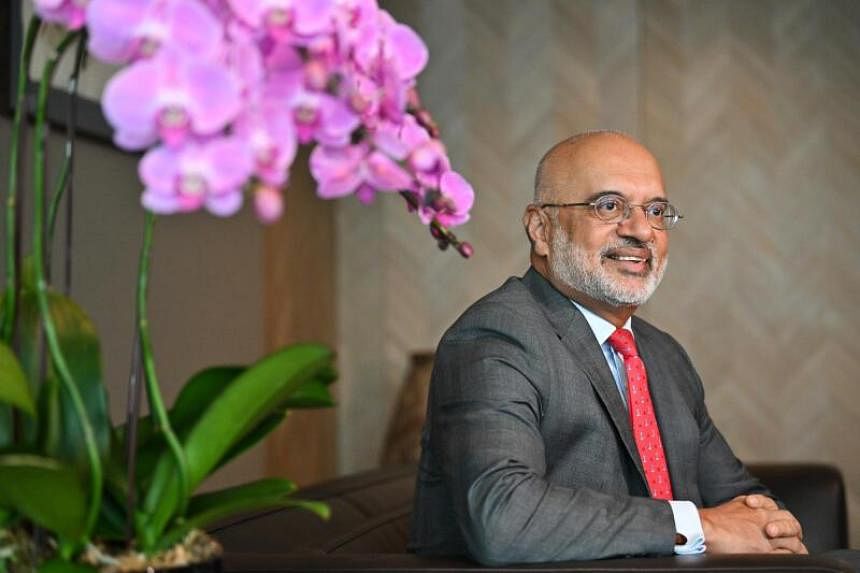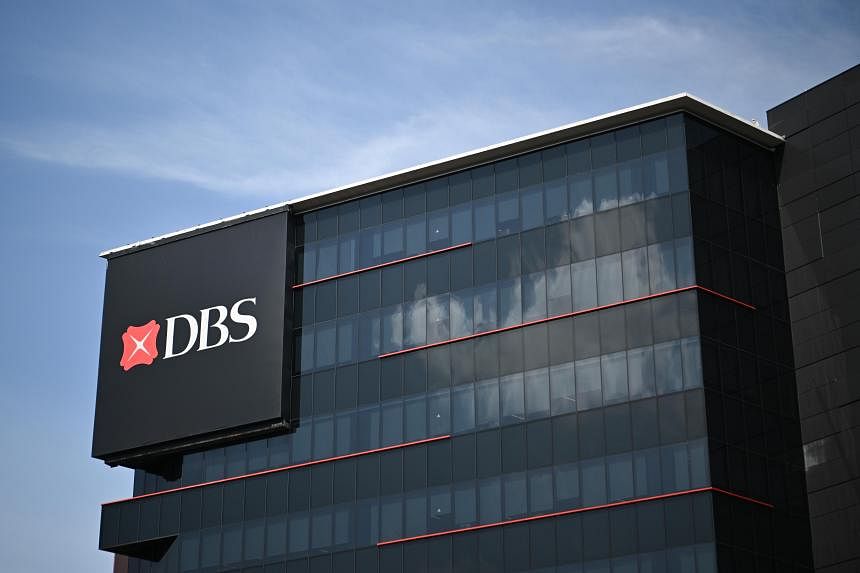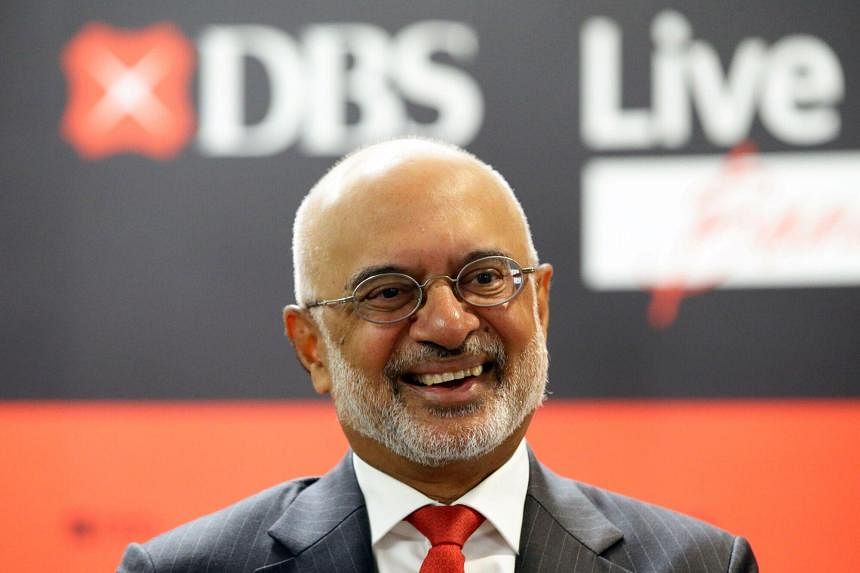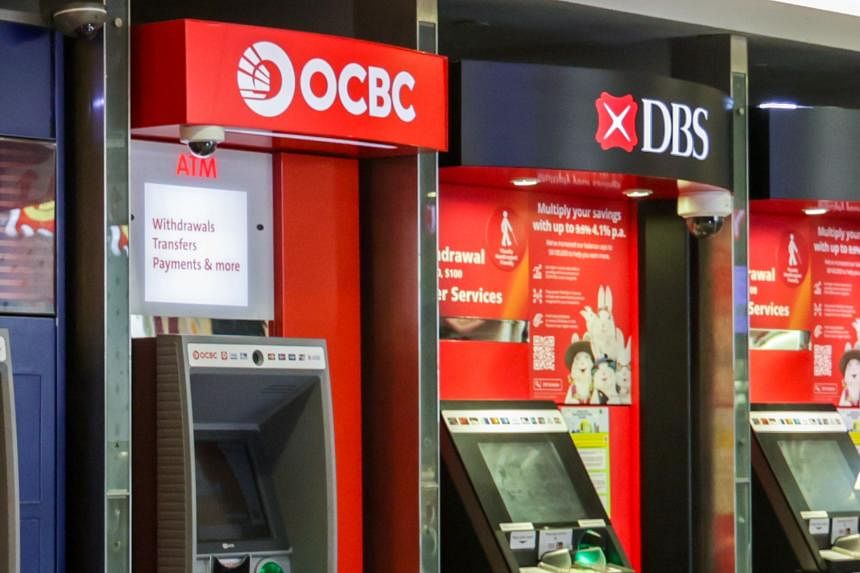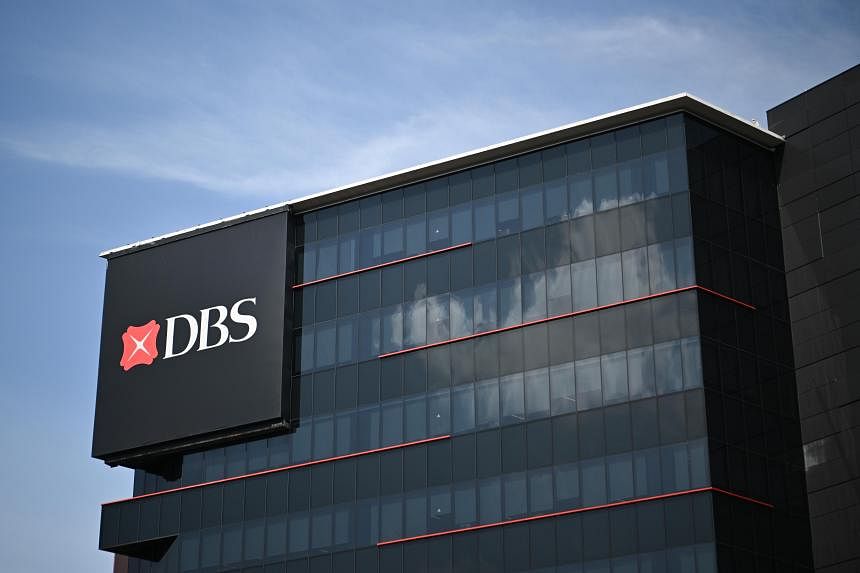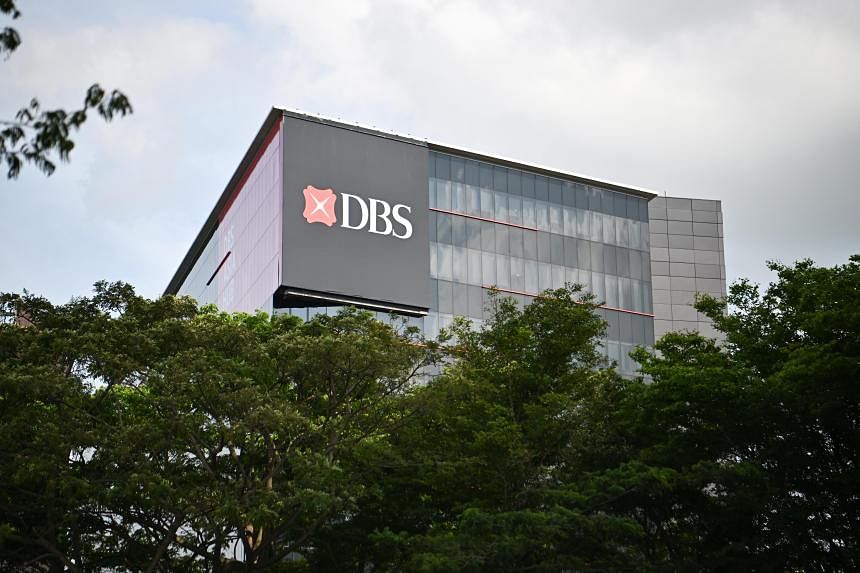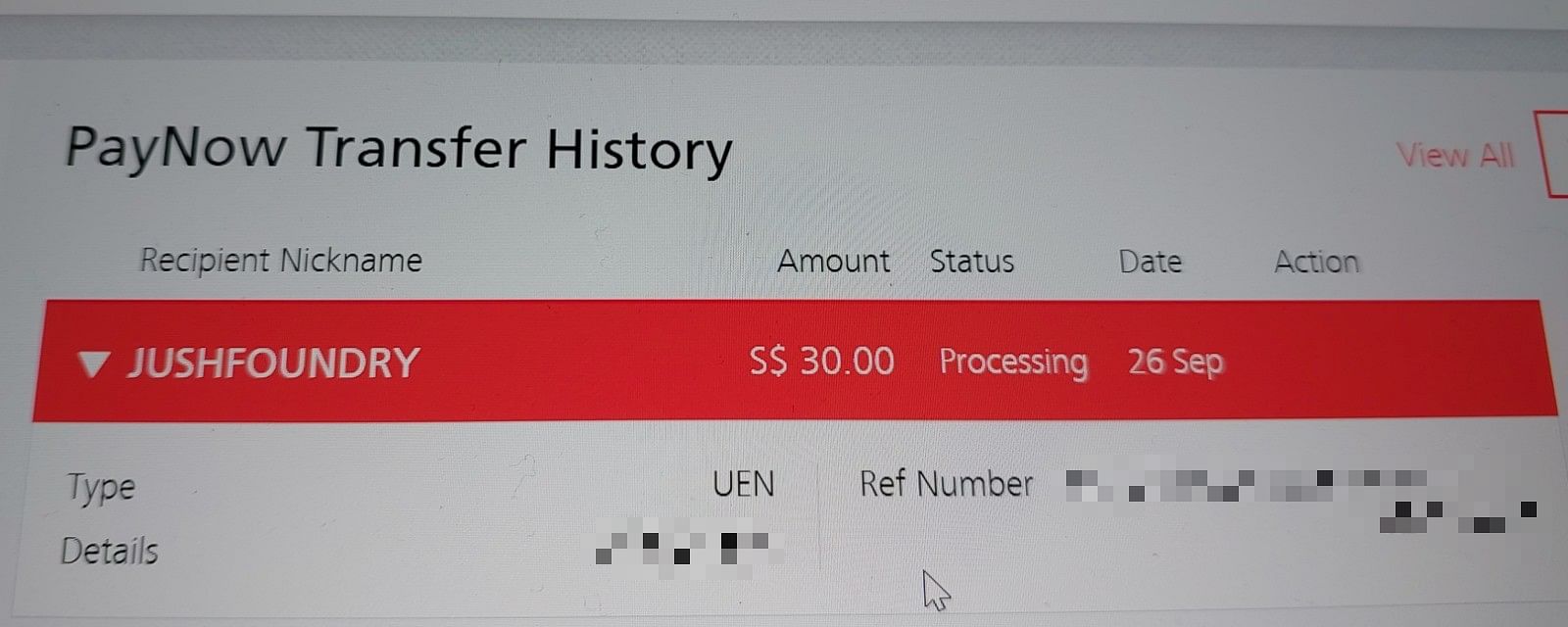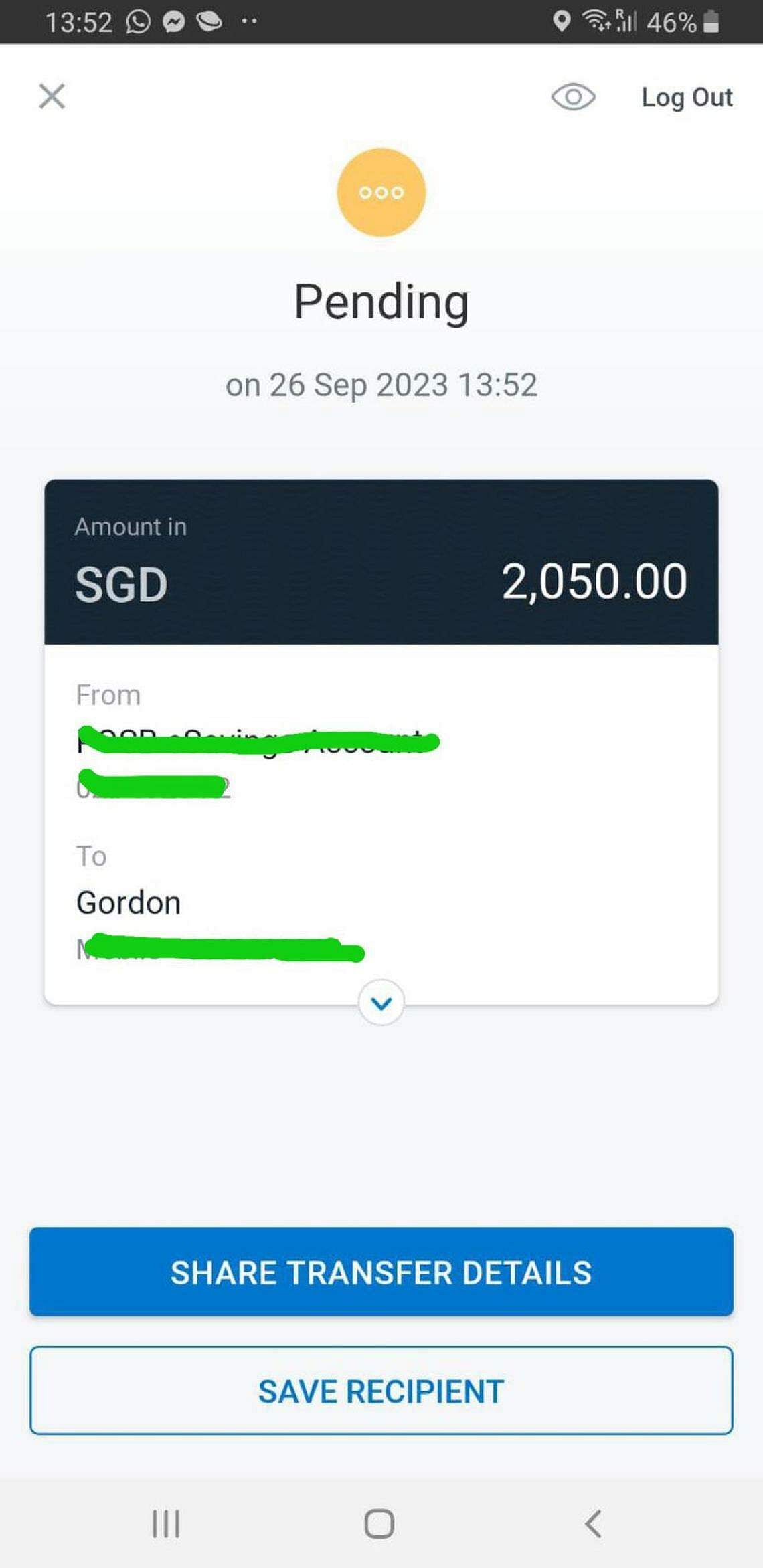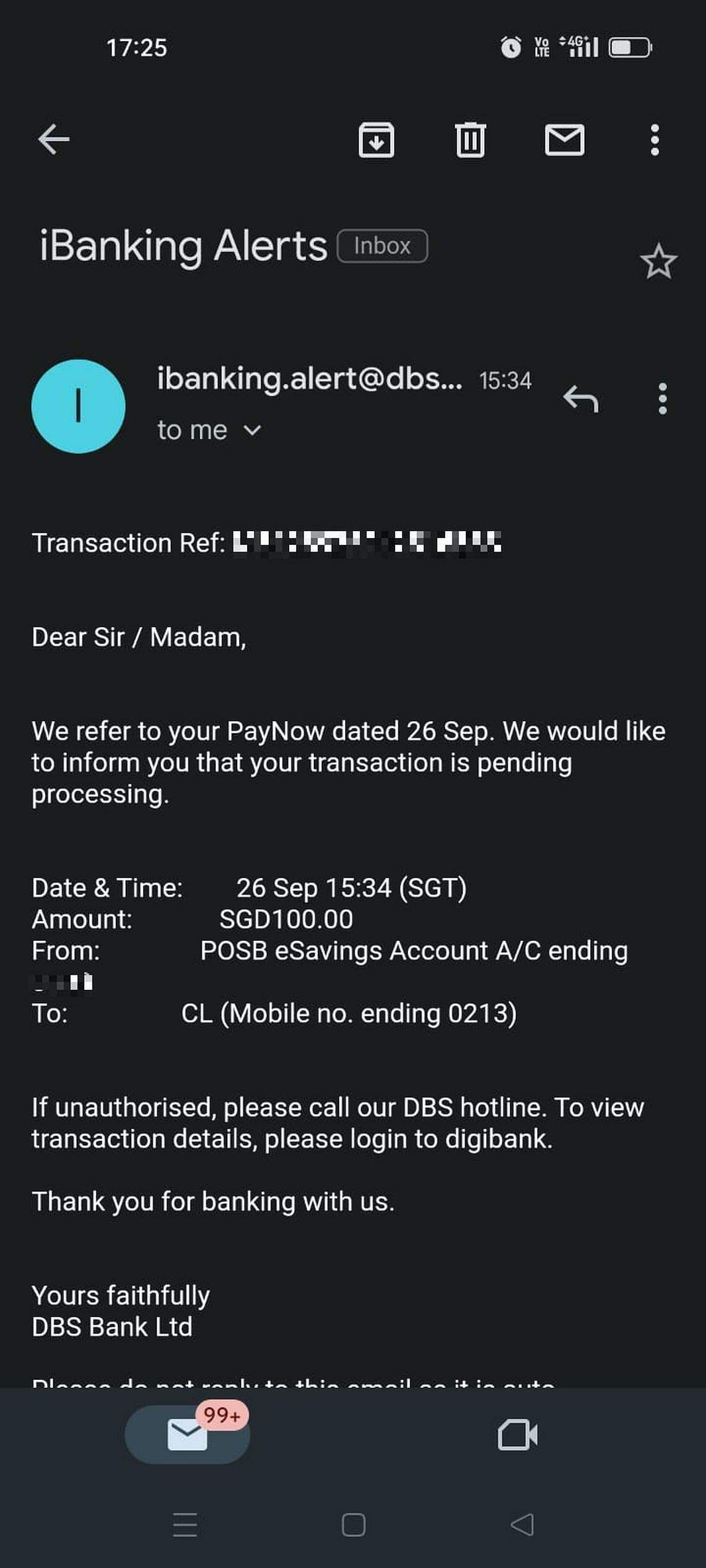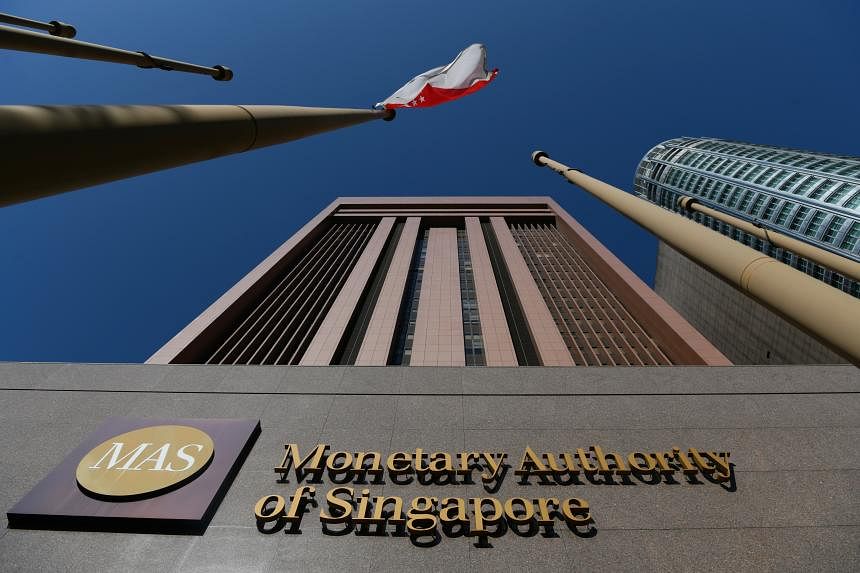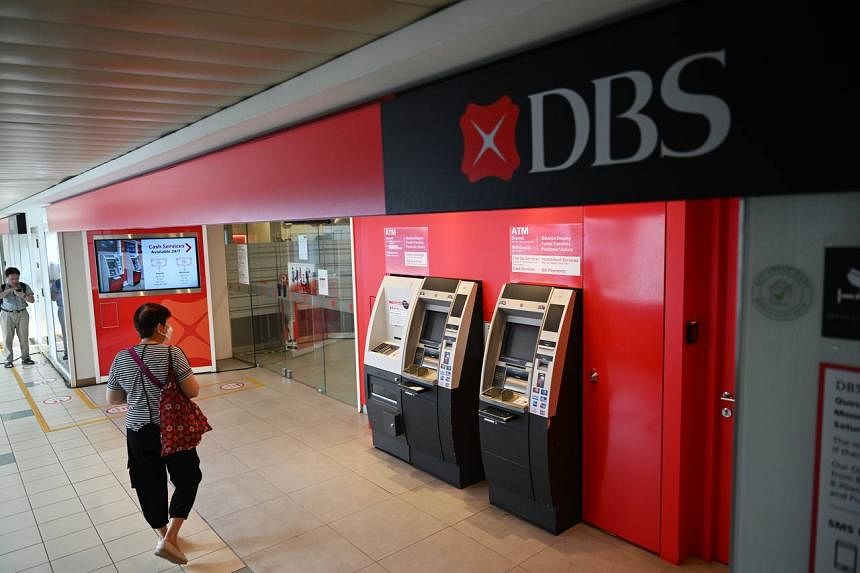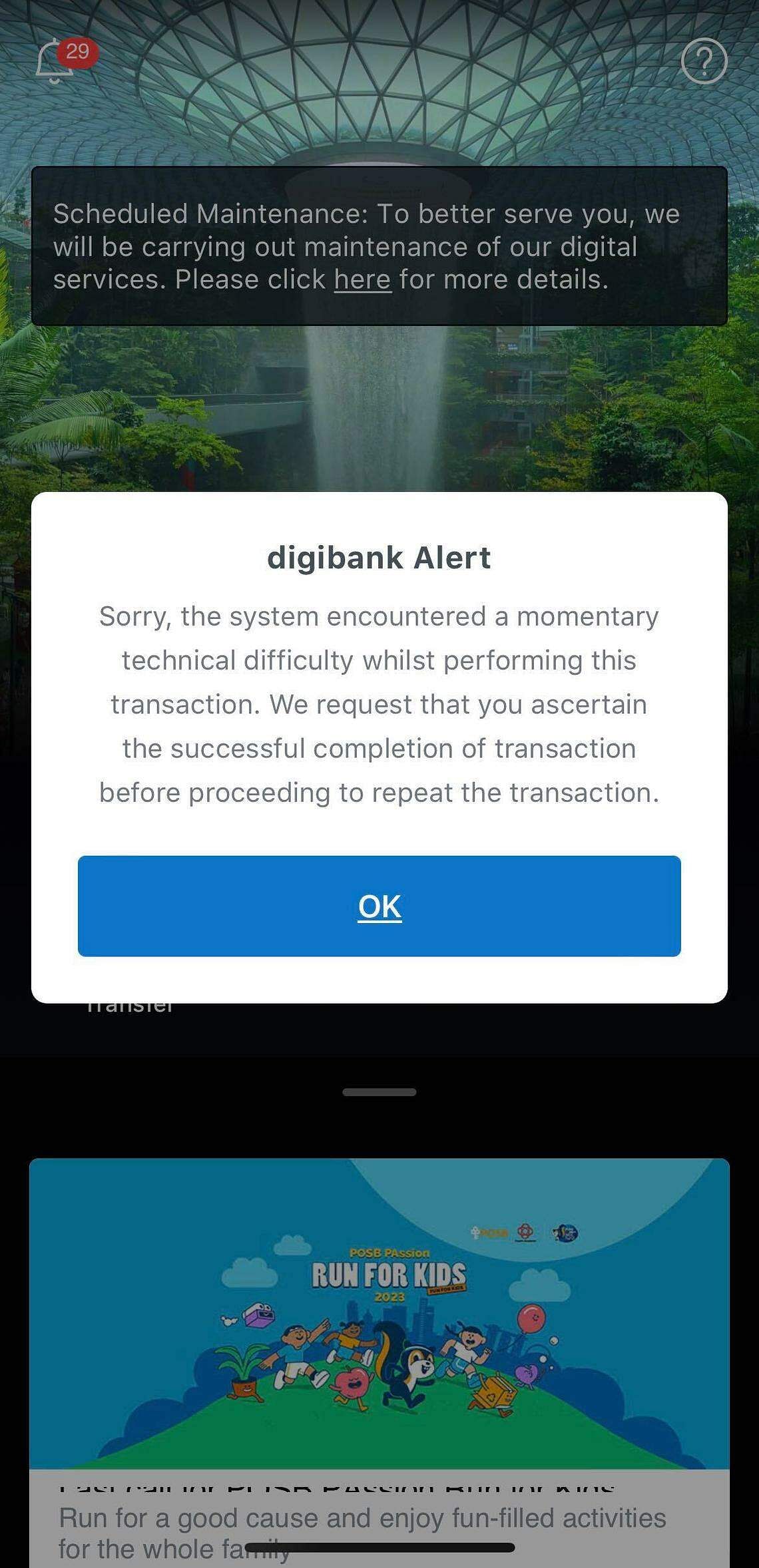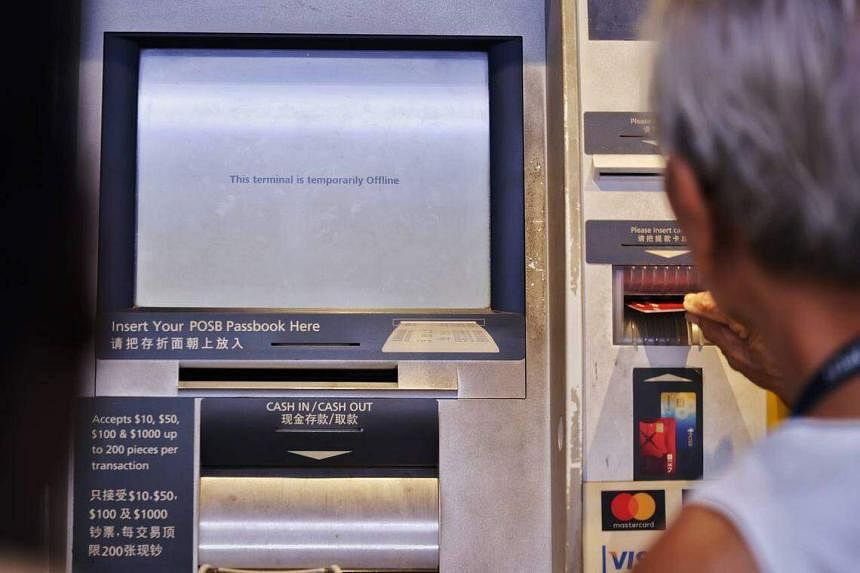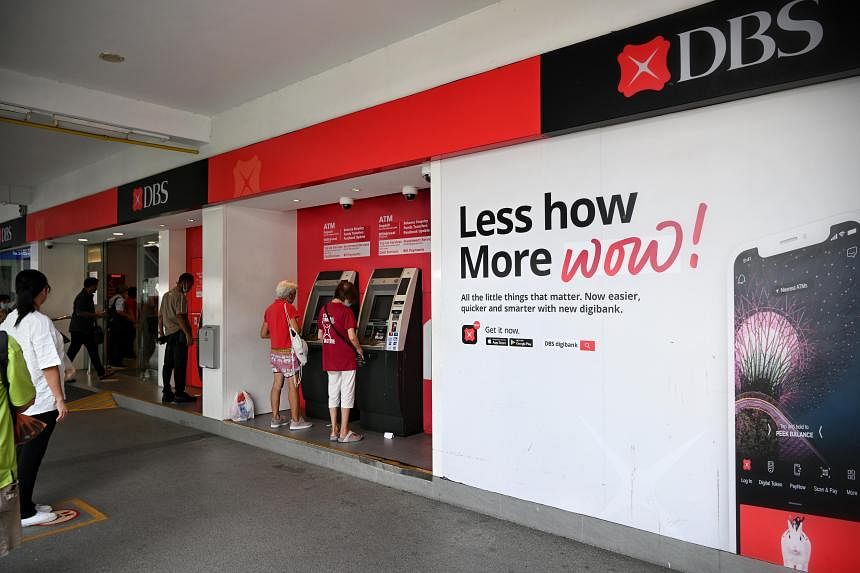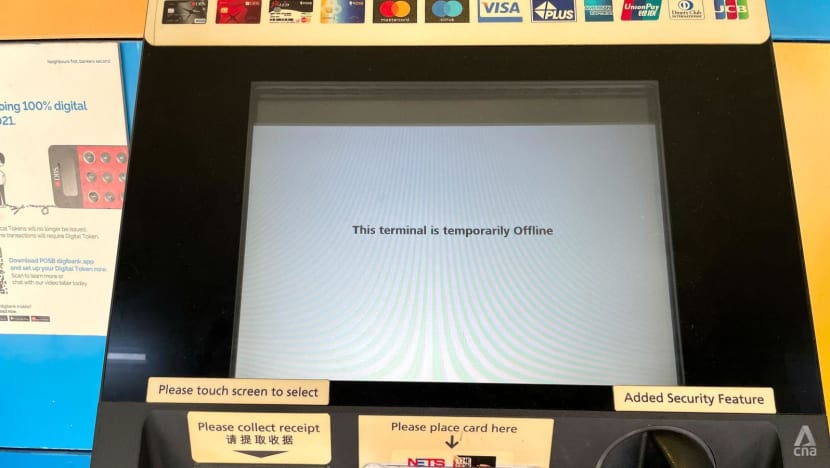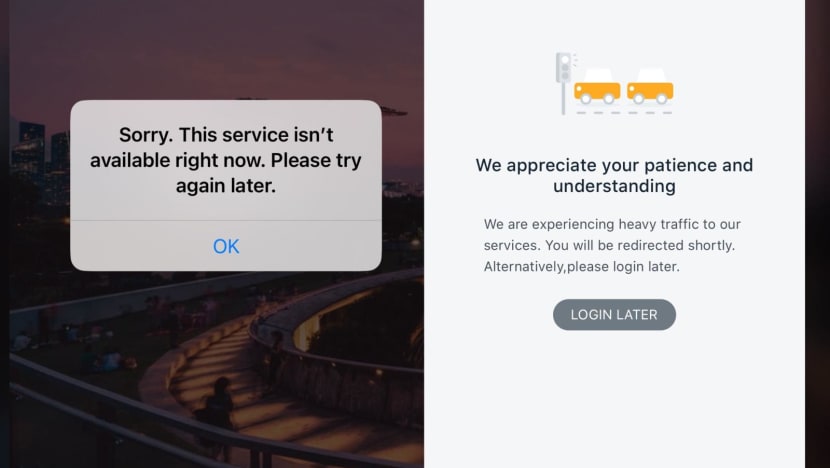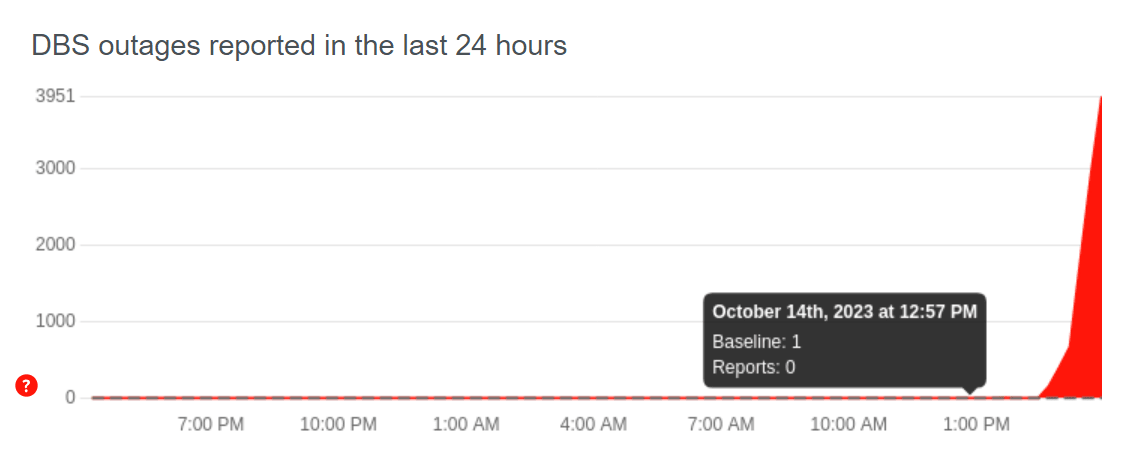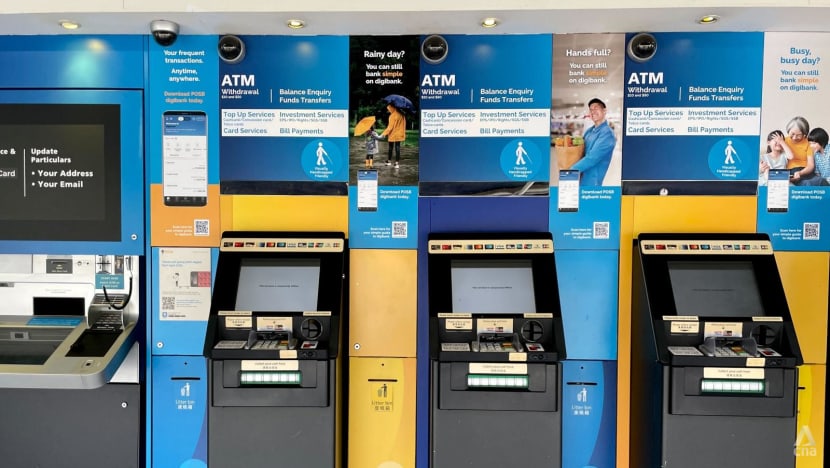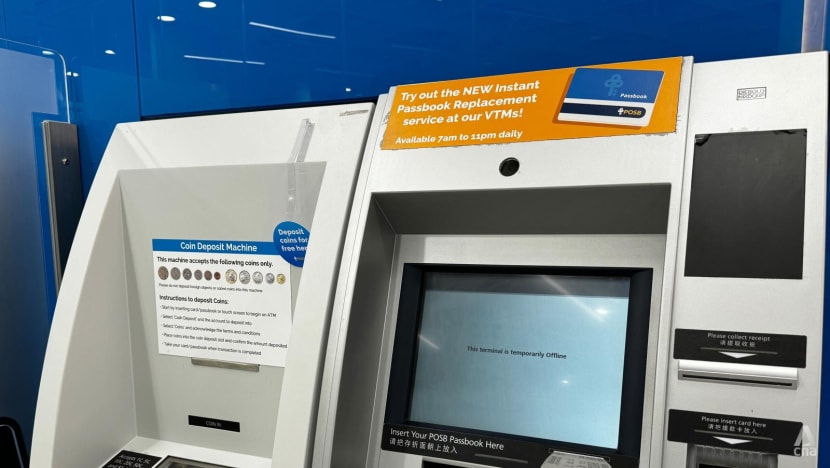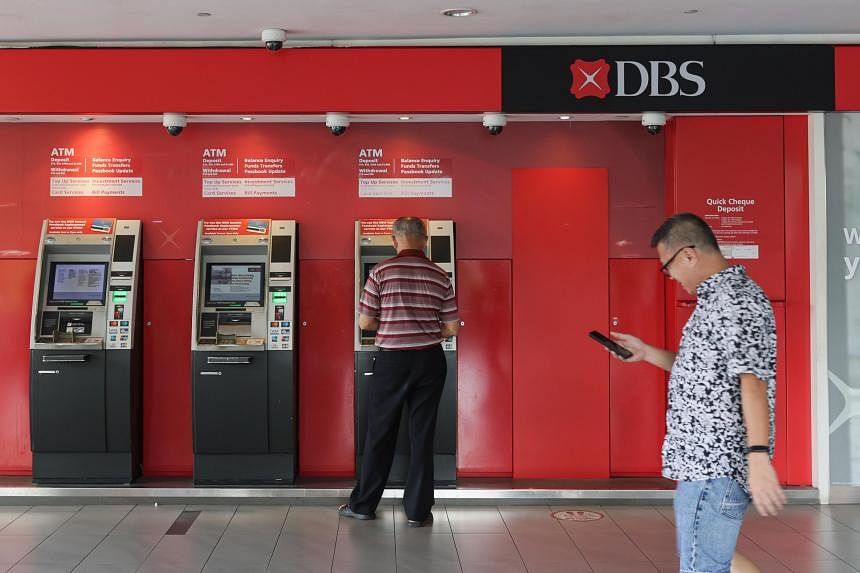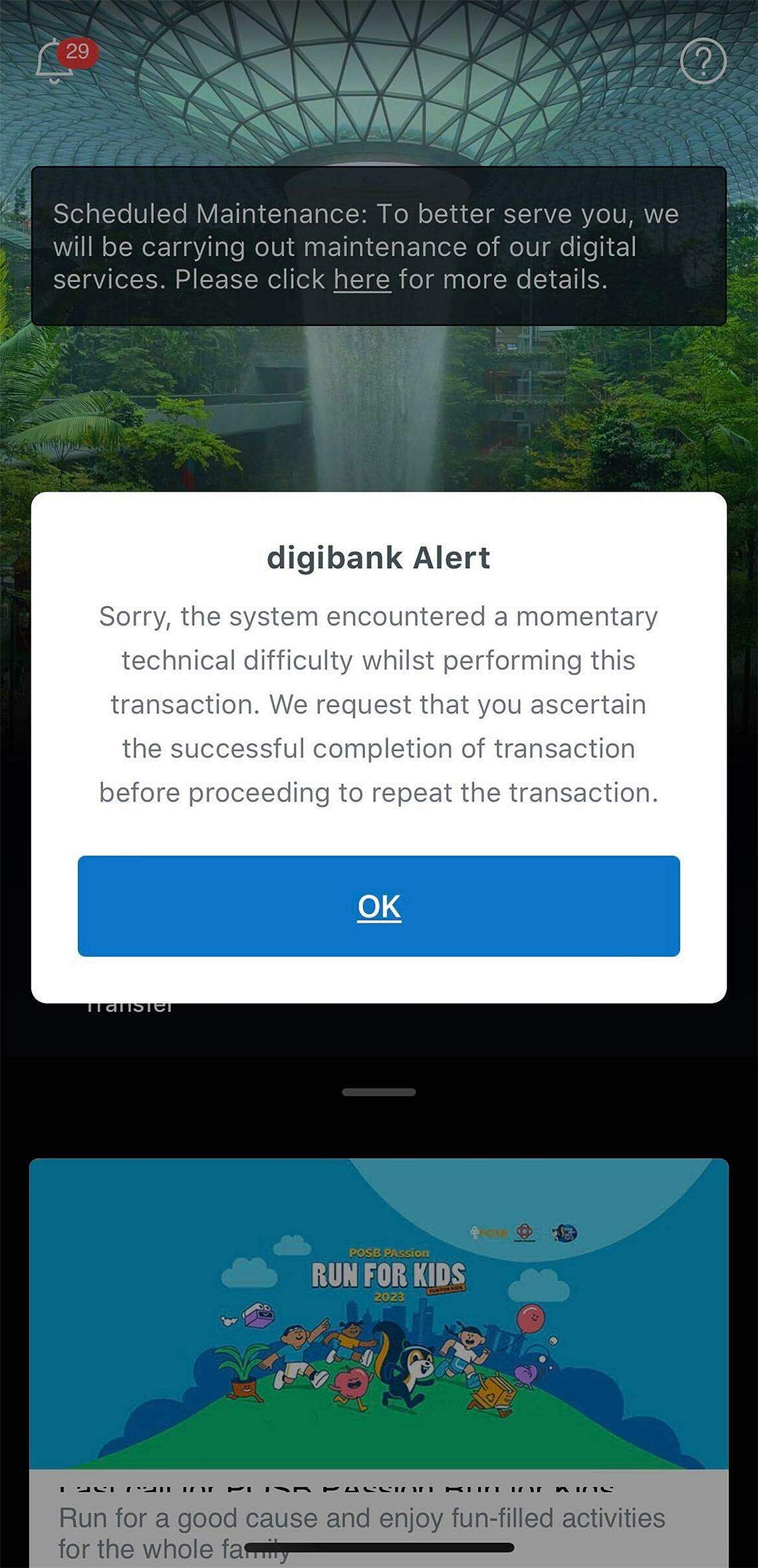DBS may face succession dilemma when S’pore star banker Piyush Gupta steps down as CEO
In his time as chief executive at DBS, Mr Piyush Gupta has built the lender into Singapore’s largest listed company. PHOTO: THE BUSINESS TIMES FILE
JUL 3, 2023
SINGAPORE – For more than 13 years, Mr Piyush Gupta has led one of Singapore’s most iconic institutions, the bank that helped turn the South-east Asian city-state into one of the richest countries in the world.
In his time as chief executive at DBS Group Holdings, Mr Gupta has built the lender into Singapore’s largest listed company, moved early into wealth management and other key business areas and delivered equity returns that outstrip those of global peers.
Now, that very success is creating an elephant in the room.
At conferences, shareholder meetings and town halls, people who watch the bank closely are quietly asking the same questions: Who’s going to replace the 63-year-old executive when his long stint ends? When will that happen? And will they be able to emulate his run? Even after
a recent series of online banking disruptions angered retail customers, industry observers say Mr Gupta’s record is intact – and the bank’s biggest challenge is finding his successor.
“These issues should have no bearing on Piyush’s legacy, nor are they unique to DBS,” said Mr Vikram Pandit, who was CEO of Citigroup from 2007 to 2012 and overlapped with Mr Gupta at the US bank. “It’s always hard to imagine how a new leader can step into the shoes of a highly successful predecessor,” he added. “But great CEOs and institutions have well-defined succession plans.”
It is a textbook example of the phenomenon known as key-person risk, a reminder that companies must be ready for when a long-time chief departs. And there is much more at stake than just the share price: So integral is DBS to Singapore that how it solves the puzzle matters to the city-state as a whole.
Mr Gupta is in many ways the Jamie Dimon of Singapore, the highest-profile banker leading the country’s largest lender and surrounded by succession speculation. And while DBS says Mr Gupta is not going anywhere, the bank has been making moves that some see as precursors to eventually passing the baton.
In February, DBS
unveiled a major leadership reorganisation, ensuring the four people earmarked as internal candidates for the top post hold some of the most important jobs.
Mr Shee Tse Koon, the then Singapore country head, took over consumer banking and wealth management, the No. 2 revenue-generator. Mr Han Kwee Juan, who Mr Gupta hired from Citi in 2019, moved into Mr Shee’s old role. Mr Lim Him Chuan, 54, the longest-serving of the four, relocated to Singapore to replace Mr Han as group head of strategy and planning. The fourth, and the only woman, Ms Tan Su Shan, kept her position running institutional banking, DBS’ crown jewel.
Ms Tan, 55, is credited with expanding the consumer and wealth business, which accounted for about a third of pre-tax profit by the time she moved to her current job in 2019.
Mr Shee, 53, spent more than two decades at Standard Chartered in London, Dubai and as CEO for Indonesia. Mr Han, also 55, worked at Citi for 27 years, running businesses including treasury and markets, corporate and investment banking and cash management. And Mr Lim previously ran the Taiwan unit for almost five years, while also holding roles in areas including institutional banking.
People familiar with the matter said there is no clear favourite to inherit Mr Gupta’s 45th-floor office at the Marina Bay Financial Centre, the bank’s headquarters overlooking Singapore’s waterfront. Hiring an outsider also cannot be ruled out, the people said, asking not to be identified discussing private information.
“A departure without a clear succession plan and new leader seen to be able to execute strongly may negatively impact the stock,” said Mr Kevin Kwek, a former analyst at Sanford C. Bernstein who covered banks including DBS for more than a decade. Still, he said any sell-off would be temporary because the “bench is prepared well” and Mr Gupta “has already got the hardest part done”.
DBS has been preparing for Mr Gupta’s succession for about 10 years, according to a person familiar with the matter. The bank is looking for someone who can do things differently going into the next decade as technologies such as artificial intelligence increase in importance, the person said.
“DBS has deep bench strength and is committed to grooming talent from within,” said Ms Karen Ngui, a spokesman for the bank. The February reshuffle “testifies to that”, she added. “At present, Piyush has no plans to retire, and any speculation on potential CEO candidates is thus premature.”
DBS was founded in 1968, three years after Singapore was expelled from Malaysia and became an independent country. It was called Development Bank of Singapore, a nod to the role it was expected to play in financing the nation’s emerging industries. DBS went on to lead the initial public offerings of some of Singapore Inc’s iconic companies, including Singapore Airlines in 1985 and Singapore Telecommunications in 1993.
Today, it is South-east Asia’s largest bank by assets, with about 36,000 employees in 19 markets. Its city-state home is also thriving. Singapore’s gross domestic product per capita, based on purchasing power parity, ranks third in the world at $133,890, according to the International Monetary Fund.
When Mr Gupta joined as CEO in November 2009, things were not going so well for DBS. His predecessor, Mr Richard Stanley, had died of leukaemia 11 months into the job. Under Mr Jackson Tai, the chief before Mr Stanley, the bank had suffered losses on collateralised debt obligations, along with its Singapore peers. Efforts to expand into emerging economies, a key ambition for Singapore banks stuck in a small local market, had also stalled.
India-born Mr Gupta, who had spent 27 years at Citi and is known for having hands-on experience in many parts of the industry, quickly made changes.
One early decision was to beef up transaction banking, a combination of cash management and trade finance that Mr Gupta knew well from his time at Citi. Another was to strengthen wealth management, including through the 2014 acquisition of Societe Generale’s Asian private banking arm. The strategy both foresaw and accelerated Singapore’s development as a wealth management hub, the Switzerland of South-east Asia. In both categories, Mr Gupta built DBS from a low base into a major player in Asia. Both, in turn, strengthened DBS’ advantage at home.
Mr Gupta – a charismatic figure who became a Singapore citizen in 2009 – also started to focus more on technology. This included hiring more engineers and building the bank’s digital offerings. DBS has been investing about $1 billion annually in technology over the past decade in areas such as cloud computing and artificial intelligence.
In 2021, it was named the world’s best digital bank by Euromoney, a trade publication. The next year, Harvard Business School published a case study on areas including its embrace of digital technology.
But in 2021,
DBS suffered its worst disruption
in a decade, when its online banking services experienced disruptions during the period from Nov 23 to Nov 25. In March and May 2023, two more incidents angered customers and drew punishment from the regulator. After the May episode, the Monetary Authority of Singapore imposed an additional capital requirement and said the inconvenience caused was “unacceptable”.
Despite vocal public criticism, analysts were largely sanguine. While Mr Kwek said the outages raised some questions about the causes and how to fix them, he thought they were not due to Mr Gupta scrimping on IT spending.
Mr Gupta’s track record may provide some explanation for this reaction. Under him, DBS increased return on equity (ROE) to 15.7 per cent as at March, up from 8.1 per cent in September 2009, just before he took over. HSBC Holdings’ ROE is 13 per cent, Standard Chartered’s is 5.9 per cent, while Citi’s is 7.6 per cent, according to data compiled by Bloomberg.
DBS’ stock has gained 141 per cent since the start of November 2009, the month in which Mr Gupta became CEO, compared with a 21 per cent increase for Singapore’s benchmark Straits Times Index. It trades at 1.4 times book value, versus 1.1 times for OCBC and one time for UOB, its two local peers. It became Singapore’s largest listed stock in 2017, overtaking Singtel, and its market value is now about $81 billion.
On the digital disruptions, Mr Gupta argued that the bank’s infrastructure is robust in an interview with Mr Yousef Gamal El-Din at the Dubai FinTech Summit in May. He said penalising people every time something goes wrong works against building a culture of risk-taking.
Not everyone sees it that way.
“I do think the series of digital disruptions will taint Piyush’s legacy,” said Ms Sarah Jane Mahmud, a Bloomberg Intelligence analyst. “It will be hard to come back from this anytime soon.”
Another criticism of Mr Gupta’s tenure is DBS is still too reliant on Singapore after his years in charge. As at 2022, the city-state contributed close to 65 per cent of the bank’s revenue, broadly similar to when he started. Under Mr Gupta, DBS made acquisitions in India and Taiwan but failed to buy PT Bank Danamon Indonesia in 2013. That may set DBS back by five years in South-east Asia’s largest economy, he said at the time. DBS spokesman Ms Ngui said the bank is growing fast both in Singapore and overseas, and this is a sign of strength.
Mr Tony Fernandes, who turned around budget airline AirAsia, focuses on the positives.
He’s “an all-star banker”, said Mr Fernandes, who has known Mr Gupta since 2003, when the banking executive was Citi’s head for Malaysia. Mr Gupta will stick by clients in tough times, rather than being swayed by short-term risk management, he said. He was speaking from experience. Like many airlines, AirAsia got into difficulties during the pandemic.
Mr Fernandes, himself preparing to step back at AirAsia, said there is no indication Mr Gupta will retire anytime soon, and DBS will not be badly affected when he does. But he said a good leader knows when the time has come.
For watchers of Singapore’s biggest bank, the question then will be whether his successor measures up. BLOOMBERG
